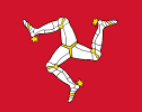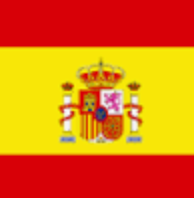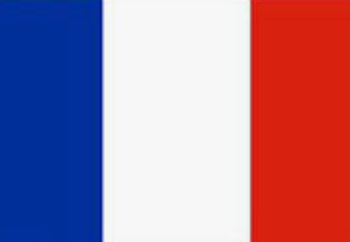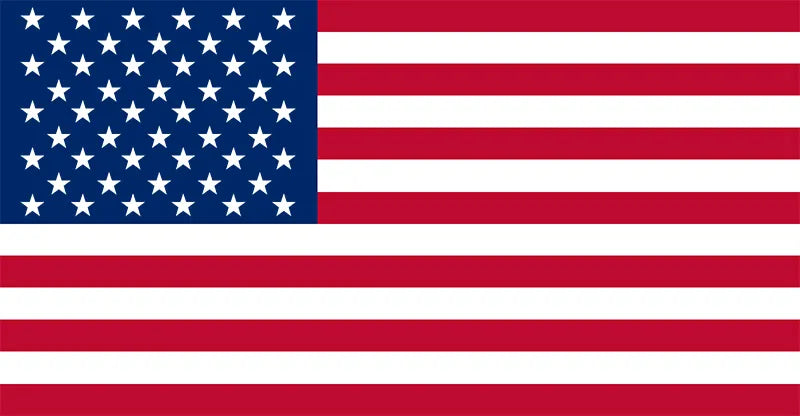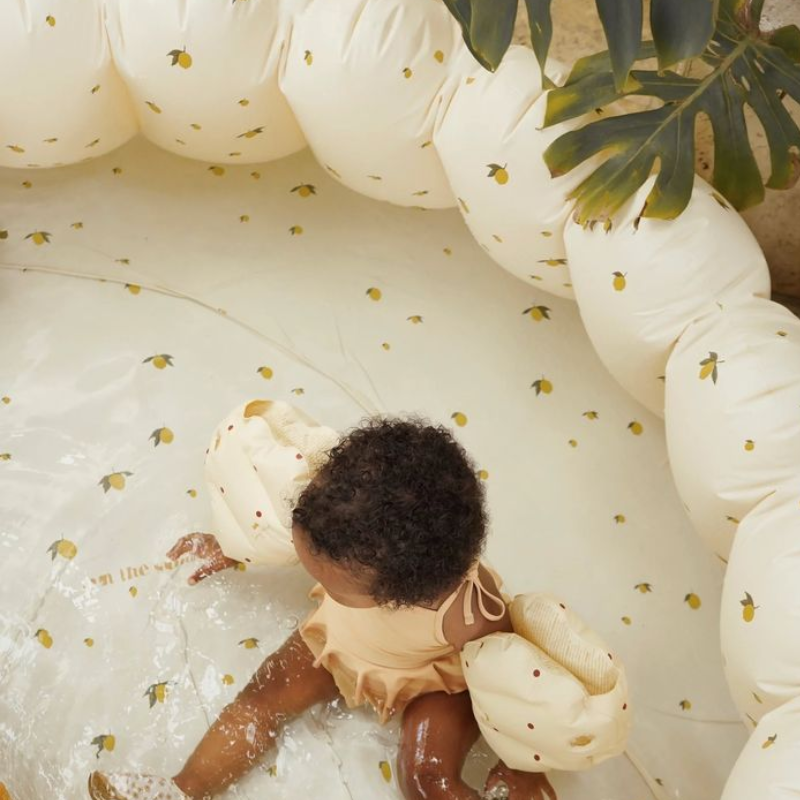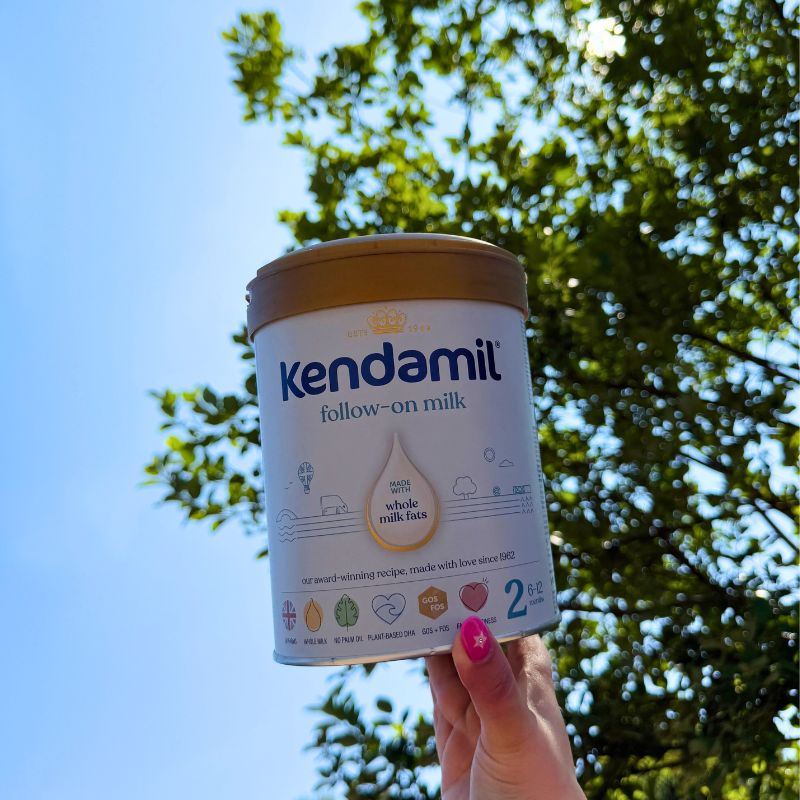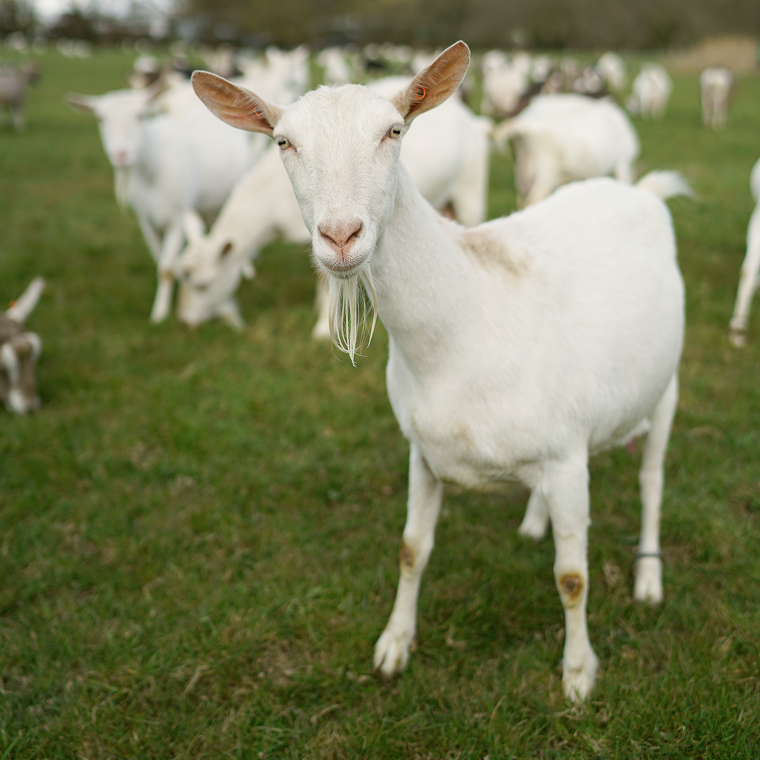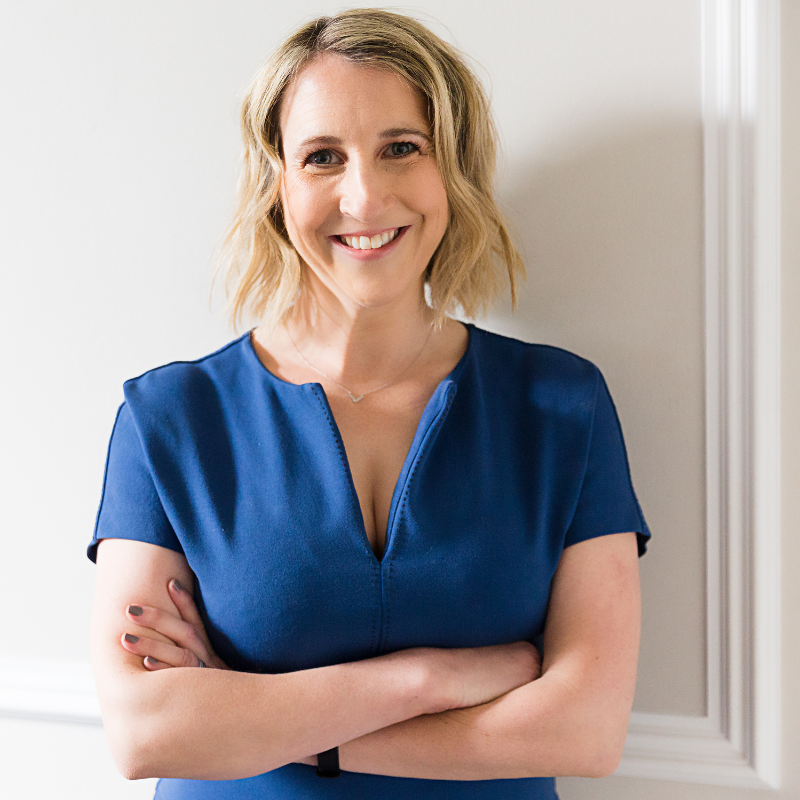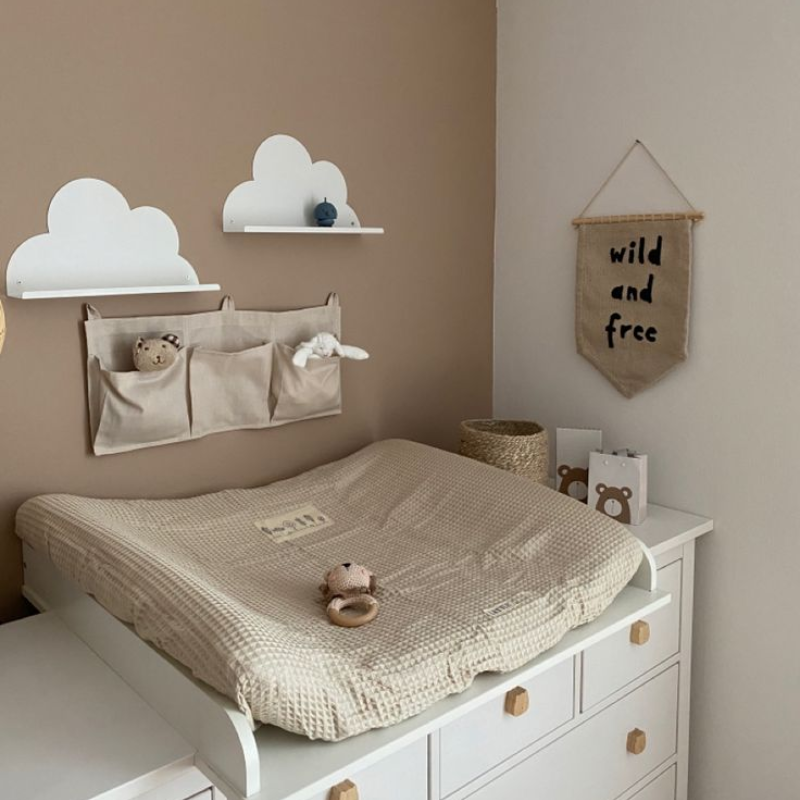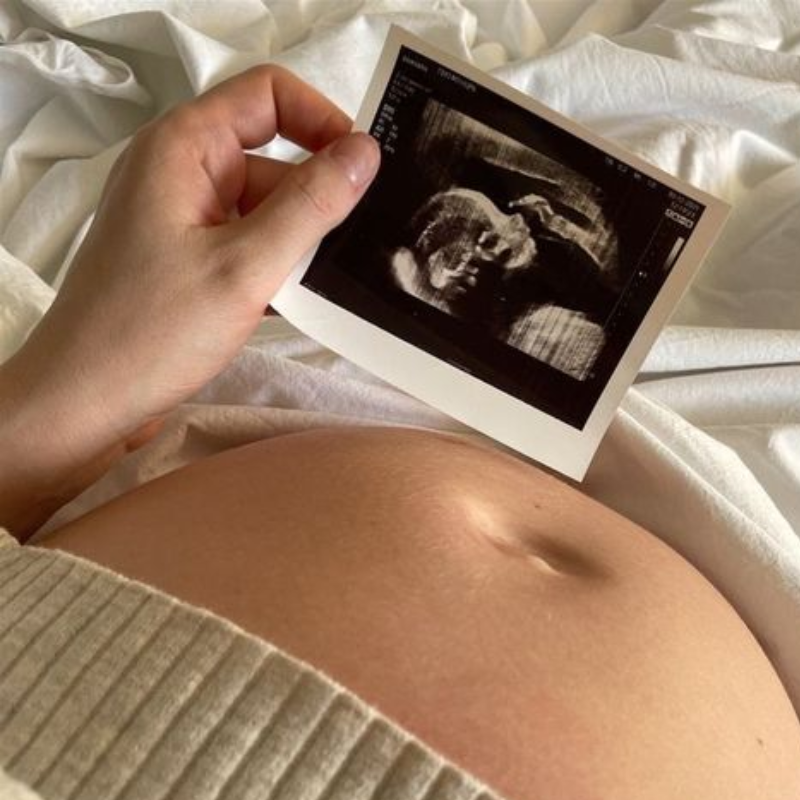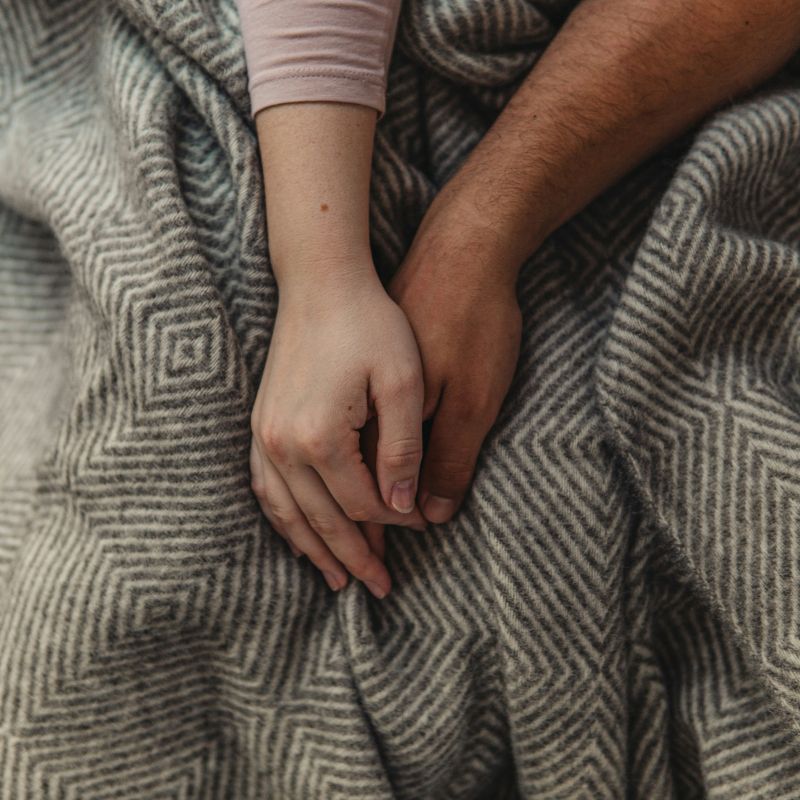As a new parent there are many safety precautions we need to be aware of to keep baby safe, and understanding the steps you can take to prevent drowning is essential. We’ve covered all the key safety tips when it comes to water safety advice in this blog, using information from official sources such as the NHS, the Child Accident Prevention Trust and the Royal Life Saving Society. Knowing this information as a new parent is crucial, so let’s get into it.
Baby water safety checklist
First off the essentials: how can I keep my baby safe around water? Here is your ultimate safety checklist as a new parent:
- Baby proof any water features in your home: make sure any pool, pond, water feature, jacuzzi or any feature in your garden that contains water is gated/ fenced/ locked, drained or baby is supervised near at all times.
- Restrict access to your neighbour’s garden: if your neighbour has any of the above in their garden, make sure your little one cannot gain access to their garden.
- Access to water at other people’s homes: if your family and friends who you visit often have any of the above at their home, always supervise your child in that person’s home.
- Learn CPR: know the signs of drowning and first aid advice, including CPR.
- Don’t underestimate safety: babies can drown in as little as 5cm of water so don’t underestimate their safety around water. Paddling pools can still be a drowning hazard even with a couple of inches of water in it.
- Know safe bathing practices: make sure you understand safety advice when it comes to bathing your little one. Baths are the most common places for babies and toddlers to drown. Babies should never be unsupervised in the bath, not even for a second.
- Always adult supervision: other children should never be given the responsibility to supervise babies or toddlers in water in place of an adult.
Safe bath time tips
When it comes to bath time it can be a lovely way to bond with your baby, get them used to positive interactions with water and calm them before bedtime. So here are some helpful tips to keep baby safe in the bath:
- Gather your essentials: before you put baby in the bath, gather all the items you will need in the bathroom so you don’t need to leave baby at any point; nappy, pyjamas, towel, hairbrush, nappy rash cream, lotion.
- Water temperature: bath water should be at body temperature, you can check this by dipping your elbow into the water. If using a thermometer you want the water to be around 37-38 degrees.
- Adult supervision at all times: never leave a baby unattended in the bath or able to climb into a bath of water unsupervised. Other siblings and children are also not a substitution for adult supervision. If the phone rings or someone knocks at the door, get baby out the bath and take them with you.
- Avoid bath seats: the Royal Society for the Prevention of Accidents don’t recommend using bath seats as they can give a false sense of security. If you choose to use one you must supervise your baby at all times.
- Non-slip bath mat: as baby gets more confident and is experimenting with standing up, you might want to consider a non-slip bath mat.
Safe water play for babies
Water play is such a sensory delight for little babies and during summer months, there are many ways to engage baby in safe water play.
- Water sensory play: water sensory trays, sprinkler mats and water play tables are great ways for baby to enjoy water play in the summertime. Always supervise when they play with water.
- Beach: babies can wander off and find shallow pools of water on the beach, so always supervise and pay attention to them - don’t allow yourself to become distracted on your phone or in conversation. The sea current can easily knock baby over if paddling along the edge, so keep tight hold of them so they don’t get swept into the water.
- Paddling pool: remember babies can drown in as little as 5cm of water, so always supervise baby in the paddling pool and don’t ask other children to supervise in your place. Once baby has finished playing in the paddling pool, drain the water and tip the pool upside down so no rainfall can collect.
Baby pool safety tips
You might be surprised to know that babies can enjoy swimming and start lessons as early as from birth. There are many benefits of swimming for little ones. Here are some baby pool safety tips to keep in mind when visiting the swimming pool or contemplating baby swimming lessons:
- Start classes young: babies can start swimming lessons from newborn - Waterbabies and other similar organisations run classes across the UK and have swimming instructors who are trained to teach babies from birth. Always make sure your instructor is trained to teach young children.
- Be wary of flotation devices: flotation devices such as armbands, inflatable floats and jackets are great to help support baby in the water but are not a substitute for adult supervision - children should always be supervised in water, even if wearing flotation devices.
- Check the temperature: the best temperature of the pool for a young baby is no less than 30 degrees. If they are under 12 weeks or 12 pounds ideal water temp should be closer to 32 degrees.
- Check surroundings: always check for hazards at your local pool, such as slippery surfaces, cracked tiles, objects left that can be tripped over - be mindful if you’re carrying your baby that you also need to take care walking around the pool so as not to slip. It is also a good idea to check if there is a lifeguard on duty before entering the pool, but always supervise your little one even when a lifeguard is present.
Water safety resources for parents
Here we’ve gathered some useful guides and more information about water safety for young children:
Water Babies - summer water safety tips
NHS - baby and toddler safety advice
NHS - guidance on washing and bathing baby safely
The Royal Society for the Prevention of Accidents - guidance on safety of bath seats
The Child Accident Prevention Trust - information on the prevention of drowning
Royal Life Saving Society - top tips for children water safety
St John Ambulance - information on drowning and how to perform CPR on children
Water play can be so much fun for baby and instilling that early positive interaction with water can set them up for safer interactions with water in the future. Taking the precautions listed above will help keep your baby safe, while allowing them to enjoy time in the water.
